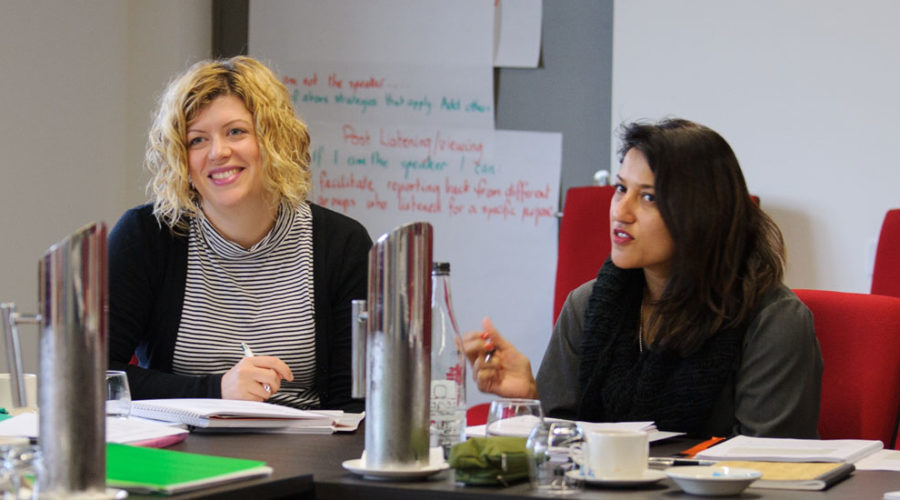Hi Lexis Education community, As the year draws to a close, we wanted to reflect on the accomplishments of our team, tutors and community at large throughout the past year. We hope you enjoy this wrap up and we look forward to another exciting year in 2025. Our 2024 highlights 🧑🎓 We …
Why teachers are also lifelong learners
A guest article by TEMC Certified Tutor Mitchell Cooper One of the many things that makes Hangzhou International School (HIS) such an appealing place for expatriate and local staff to work, are the professional development opportunities on offer. Teachers are afforded the opportunity to build their …
Lexis Education now a NESA recognised PD provider
We are excited to announce that Lexis Education is now a NESA recognised PD Provider. If you are a teacher based in NSW (Australia), you should be aware that NESA has removed Accredited and Elective PD categories to give teachers more flexibility in completing their required 100 hours of …
Toowoomba Catholic Schools Office
Jo Tooley is an Education Officer (EO) at Toowoomba Catholic Schools Office (TCSO). She is coordinating the rollout of the Diocesan-wide project, Subject Discipline Literacy (SDL), to improve teacher efficacy in subject-specific literacies. The Lexis Education’s ‘3L: Language and Literacy …
An interview with Donna Schuster on the HLW online course
Lexis Education launched in July 2024 its first online, self-paced course, How Language Works. HLW is for any teacher wanting to develop an explicit understanding of how language works to support their students’ learning. Dozens of educators working in various contexts around the world are currently …
The implementation of TEMC at the Inter-Community School Zurich
As part of her presentation at the ECIS MLIE conference in February 2024, Tiffany Crook, English Language acquisition specialist at the Inter-Community School Zurich, put together this great video on the implementation of Lexis Education's 'Teaching in English in multilingual classrooms' (TEMC) …





